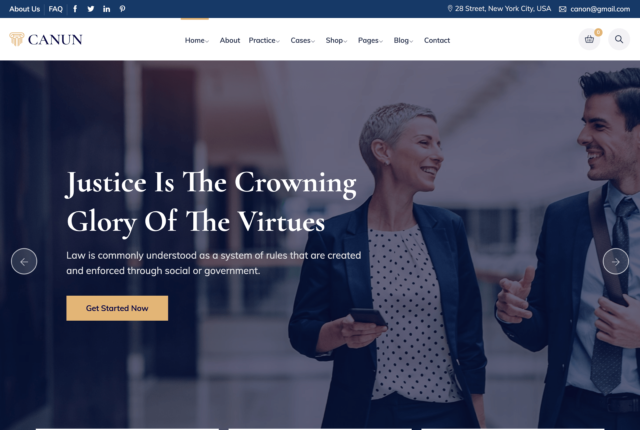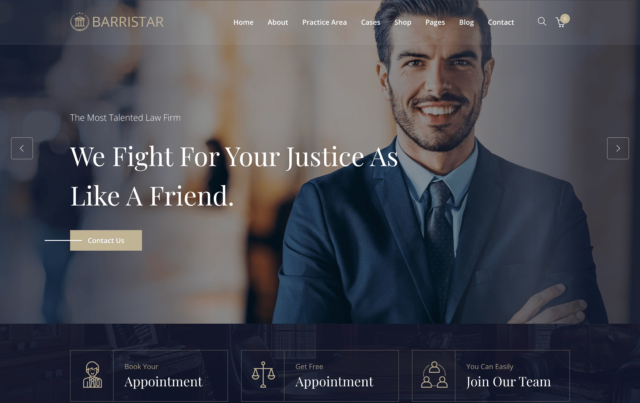Voice search is rapidly transforming the way people seek information, and the legal industry is no exception. With the rise of virtual assistants like Siri, Alexa, and Google Assistant, more users are turning to voice search for quick answers, including finding legal services. This shift presents both challenges and opportunities for law firms. To remain competitive, law firms must optimize their online presence for voice search and anticipate how this technology will shape the future of legal marketing.
1. Why Voice Search Matters for Law Firms
Voice search is no longer a niche trend—it’s becoming a primary way people interact with search engines. As of 2023:
- 50% of smartphone users use voice search regularly.
- 40% of adults use voice search daily.
For law firms, these statistics highlight a growing audience looking for immediate, spoken answers to their legal queries.
- Example: A user might say, “Hey Siri, find a personal injury lawyer near me,” or “Alexa, what are the penalties for DUI in [state]?” If your firm isn’t optimized for voice search, you risk being overlooked in these scenarios.
2. How Voice Search Impacts SEO
Voice search queries differ from traditional text searches in several ways:
- Conversational Language: People speak differently than they type. Voice queries are longer and often structured as questions (e.g., “What does a divorce lawyer do?”).
- Local Focus: A significant portion of voice searches are location-based, such as “Who is the best estate planning attorney near me?”
- Featured Snippets: Search engines often pull voice search answers directly from featured snippets, making it essential to structure content for this purpose. Getting ranked within the featured snippets results in more website traffic.
Key Takeaway: Optimizing for voice search requires adapting to natural language patterns, targeting local keywords, and securing featured snippet placements.
3. Strategies for Optimizing Your Law Firm Website for Voice Search
a. Focus on Long-Tail Keywords
Voice search queries are typically longer and more specific than text-based searches. Incorporating long-tail keywords into your content can help capture these queries.
- Example: Instead of targeting “divorce lawyer,” target “How do I find a good divorce lawyer in [city]?”
b. Use Conversational Content
Structure your content to answer common client questions directly and conversationally.
- Example: Create an FAQ section on your website addressing questions like:
- “What should I do after a car accident?”
- “How do I choose the right lawyer for my case?”
c. Claim and Optimize Your Google Business Profile
Local searches dominate voice queries, so having an up-to-date and well-optimized Google Business Profile is critical.
- Ensure Accuracy: Include your firm’s name, address, phone number, and business hours.
- Add Photos: Visual content improves your profile’s appeal.
- Encourage Reviews: Positive reviews help your firm stand out in local voice searches.
d. Structure Content for Featured Snippets
Voice assistants often pull answers from featured snippets, which are concise summaries of information at the top of search results.
- How to Achieve Snippets:
- Use headings and bullet points to organize your content.
- Answer questions clearly within the first few sentences of a section.
- Use schema markup to help search engines understand your content.
e. Ensure Mobile-Friendliness
Voice searches are predominantly performed on mobile devices. A mobile-friendly website ensures users have a seamless experience.
- Action Steps:
- Optimize loading speeds.
- Use responsive design to ensure your site adjusts to different screen sizes.
4. The Role of Voice Assistants in Legal Marketing
Voice assistants are shaping how clients interact with law firms and make decisions.
- Example: A client might ask Alexa, “Who is the top-rated family lawyer near me?” Alexa’s response is based on search rankings, reviews, and local relevance. If your firm isn’t optimized for these factors, you won’t be part of the conversation.
Predictions for the Future:
- Increased Personalization: Voice assistants may eventually suggest specific firms based on user preferences and past interactions.
- AI-Driven Legal Advice: As AI evolves, voice assistants could provide basic legal advice, directing complex cases to local attorneys.
5. Examples of Voice Search Success in Law Firm Marketing
Success Story: Local Optimization
A small personal injury law firm in Dallas optimized its website for voice search by:
- Creating a detailed FAQ page targeting common accident-related queries.
- Claiming and optimizing its Google Business Profile.
- Encouraging satisfied clients to leave positive reviews. This resulted in a 25% increase in local inquiries, many of which came through voice search.
Missed Opportunity: Ignoring Local Search
A mid-sized firm specializing in estate planning didn’t optimize for local voice search. As a result, it failed to appear in searches like “Find an estate planning attorney near me,” losing potential clients to smaller, local firms with better optimization.
6. Preparing for the Future of Voice Search
As voice search technology advances, law firms need to stay ahead of the curve. Here’s how to future-proof your SEO strategy:
- Invest in AI Integration: Explore partnerships with AI-powered tools to enhance client interactions (e.g., chatbots or voice-enabled website features).
- Monitor Emerging Trends: Stay informed about changes in voice search algorithms and user behavior.
- Experiment with Voice Ads: Platforms like Alexa and Google Assistant may introduce voice ad opportunities, allowing law firms to reach clients in innovative ways.
Voice search is not a passing trend—it’s a fundamental shift in how people interact with search engines. For law firms, optimizing for voice search offers a chance to stand out in an increasingly competitive digital landscape. By focusing on conversational content, local optimization, and mobile-friendly design, you can position your firm as the go-to choice when potential clients turn to their voice assistants for legal help.
The future of legal marketing is here, and it’s speaking directly to your clients. Make sure your law firm has a voice in the conversation.








